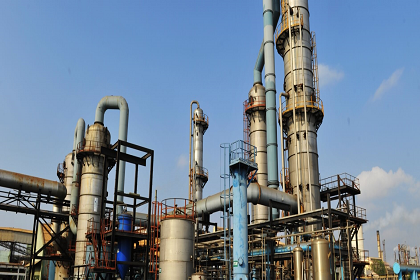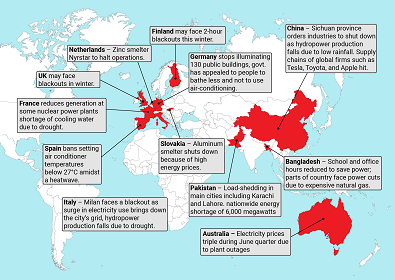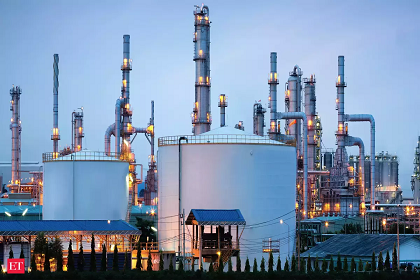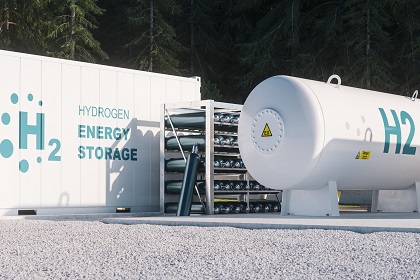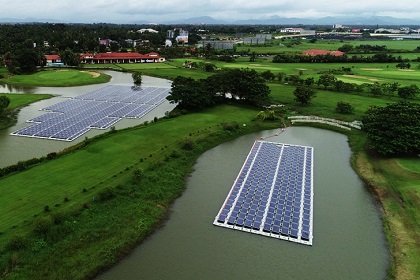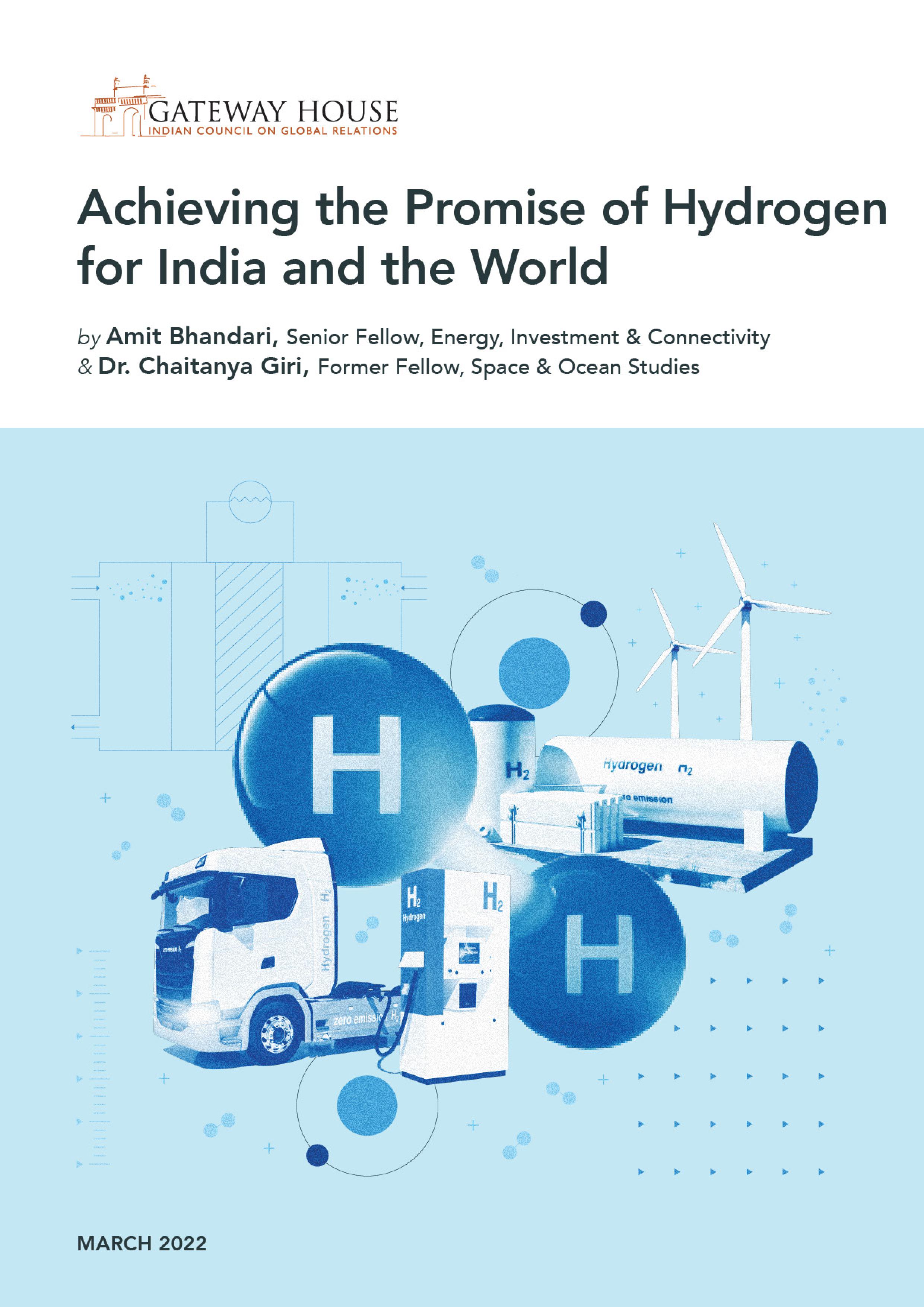Building a carbon capture ecosystem in India
Renewable energy systems on their own will not be successful in achieving the net-zero targets. New technologies such as carbon capture, utilisation and storage (CCUS) also need to be used, especially in hard-to-decarbonize industries like petroleum, steel and cement. India can use its upcoming G20 Presidency to initiate an informed discussion on CCUS technologies.

